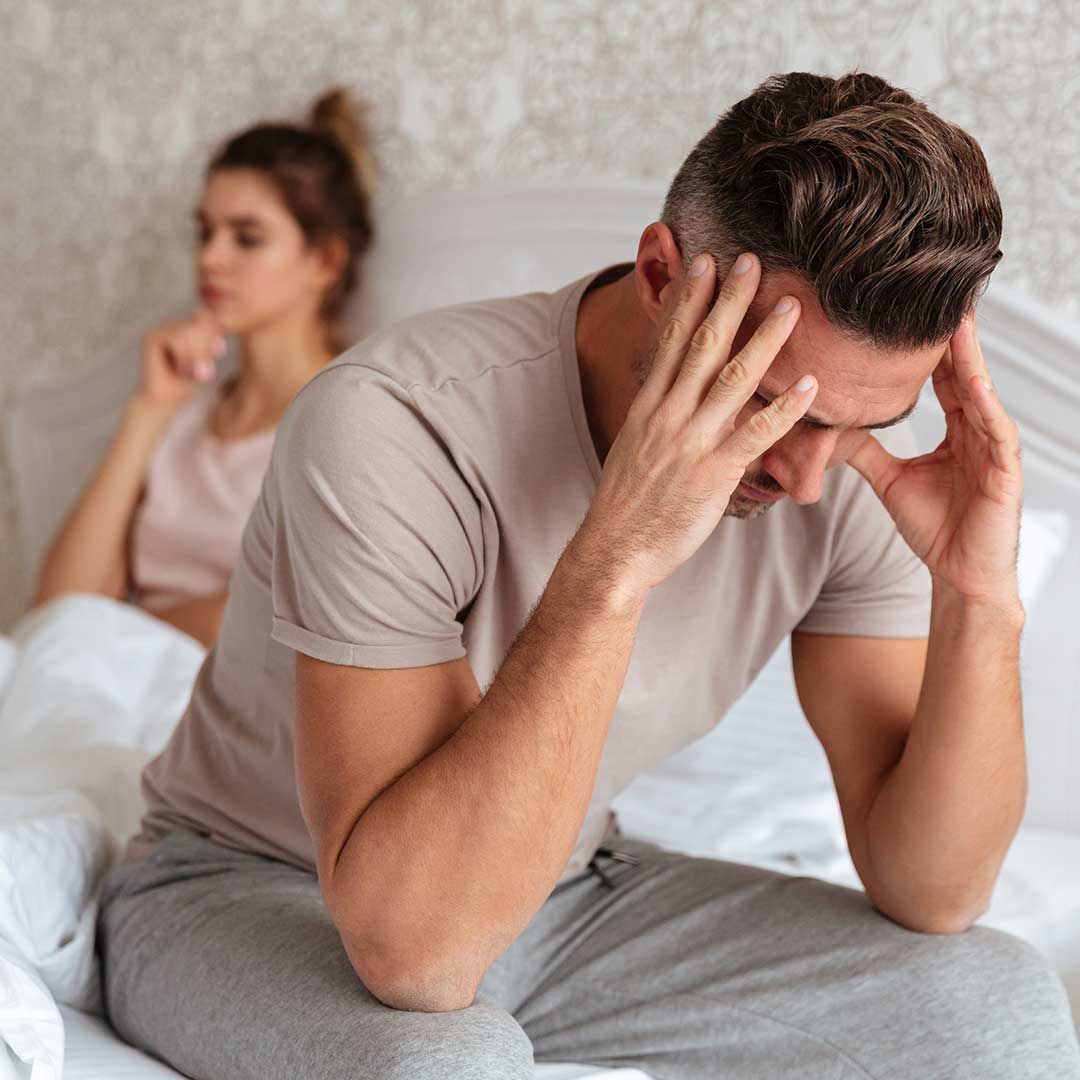-
 Mail us
Mail usinfo@myhealthhospitals.com
-
 Toll Free
Toll Free+91 9111674111
- Book Appointment
Obstetrician and Gynecologist
My health hospitals has Best Gynecologists with 10 + years of experience in the field of gynaecological diseases and their treatment with advanced and best surgical technology (Hysteroscopy) with no complications and best results through safe and painless surgery with less hospital stay duration .
Hysteroscopy is a minimally invasive surgical procedure that enables surgeons to examine and treat the inside of the uterus. Utilized for both diagnostic and surgical purposes, hysteroscopy involves the insertion of a thin, lighted instrument called a hysteroscope through the cervix into the uterus. This procedure allows for a comprehensive evaluation of the uterine cavity, facilitating the identification of abnormalities such as polyps, fibroids, or adhesions. While diagnostic hysteroscopy involves observation and assessment, hysteroscopy surgery may involve additional interventions, such as polypectomy or biopsy. Though discomfort may be associated with the procedure, advancements in technology and anesthesia have mitigated much of the pain.
Hysteroscopy is a valuable tool in gynecology, aiding in the diagnosis and treatment of various conditions, including ovarian cysts. Understanding the step-by-step process of a hysteroscopy ensures patients are well-informed about this essential aspect of women's health.
Hysteroscopy is advised by your treating gynaecologists after they have done the physical examination for your symptoms/problems and decided to investigate further conidering hysteroscopy as one of the diagnostic tool in cases like -

The surgery is usually carried out under local anesthesia and some may require general anaesthesia .The cervix is initially dilated with serial cervical dilators before inserting a hysteroscope .It facilitates the process of hysteroscopy more smoothly .The doctor then inserts the hysteroscope through the cervix and then into the uterus.
The hysteroscope allows the gynaecologist to see the uterus and the fallopian tubes and to diagnose any causes of the symptoms such as bleeding or infertility and sometimes may take a small biopsy from the endometrial lining (uterus) for further investigation.


If you received anesthesia during your hysteroscopy, you might be observed for several hours in the recovery room. You may have some cramping or light bleeding that lasts for a few days. It’s also not unusual to feel somewhat faint or sick immediately following your procedure.
Hysteroscopy is considered minor surgery and usually doesn’t require an overnight hospital stay. If your provider is concerned about your reaction to anesthesia, you may need to stay overnight.
Hysteroscopy can allow your surgeon to diagnose and treat conditions with a single surgery. In addition, a hysteroscopy enables surgery that’s both minimally invasive and precise. Hysteroscopy can allow your surgeon to locate abnormalities and remove them without damaging surrounding tissue.
Your recovery time depends on how extensive your procedure was. People recovering from a hysterectomy are often advised to avoid douching, intercourse or inserting anything into their vagina (like tampons) for two weeks following the procedure. You may be advised to avoid baths, swimming and hot tubs during your recovery.
An operative hysteroscopy is considered minor surgery. It doesn’t usually require a hospital overnight stay. Unlike more invasive procedures that open your abdomen to access organs, a hysteroscopy can be performed through your vagina.
No. Both a D&C (dilation and curettage) and an operative hysteroscopy allow your surgeon to remove tissue from your uterus. While a hysteroscopy enables your provider to find growths and remove them with precise surgical instruments, a D&C allows your surgeon to sample greater amounts of tissue from your uterine lining by performing a gentle scraping.
You shouldn’t be. Hysteroscopy is widely considered a safe procedure, with minimal risks involved.
If you cannot find answers to your queries, please fill out the ENQUIRY form or call the number below. We will contact you shortly
+91 9111674111Visit any of our My Health Hospitals branches for advanced medical care and expert consultations.
H.No 15-24-212, MIG-212, Rd Number 1, K P H B Phase 1, Kukatpally, Hyderabad, Telangana 500072
H.No:-12-5-30, WhiteHouse, Moula Ali Rd, South Lalaguda, Tarnaka, Secunderabad, Telangana 500017